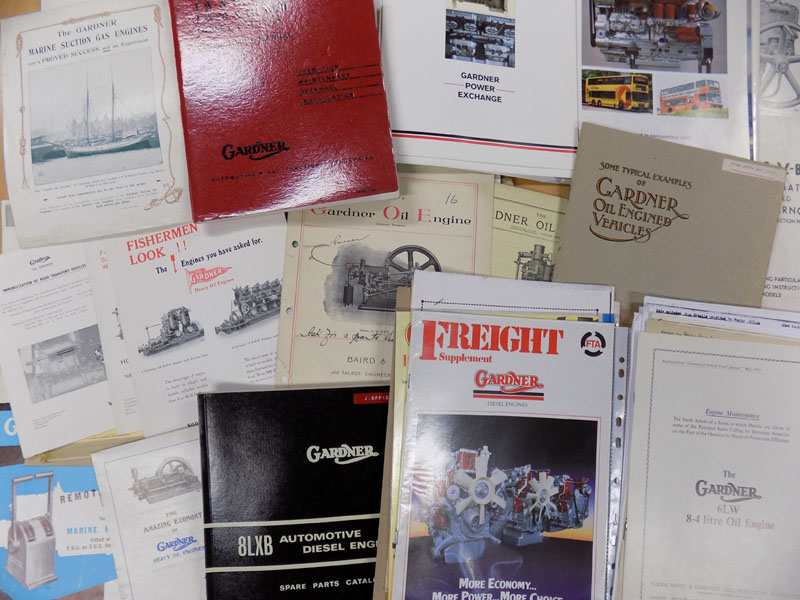
The archive team at the museum are always happy to receive donations of documents that can provide a better understanding of Manchester’s role in the industrial and scientific growth of this country and the wider world.
Our collection documents 250 years of discoveries and innovations that began in Manchester and went on to influence the world. In this section of the blog, we want to shine a light upon the achievements and experiences of the people behind those stories.

The archive team at the museum are always happy to receive donations of documents that can provide a better understanding of Manchester’s role in the industrial and scientific growth of this country and the wider world.
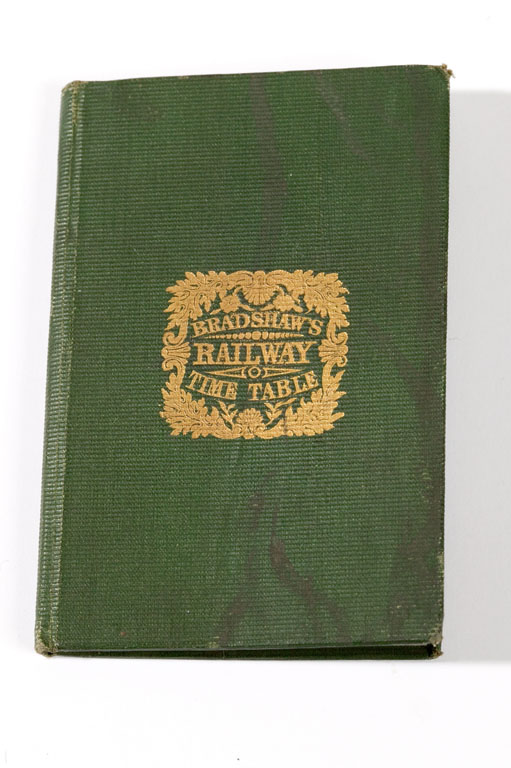
10–19 March is British Science Week 2017, so we asked our curators, archivists and explainers for some of their favourite items in the collection—ones that are truly ideas that changed the world.
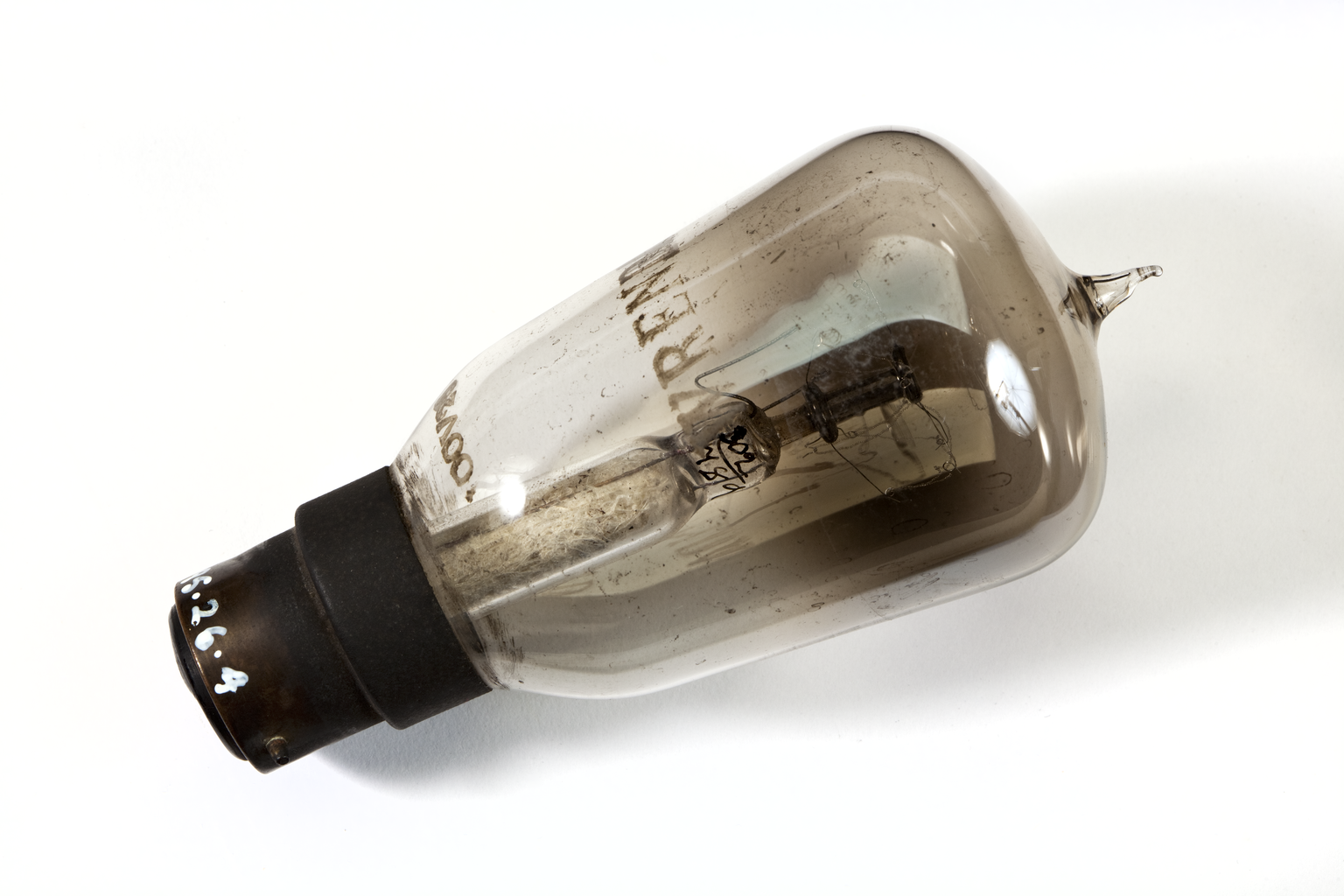
Step back to a time when electricity was an exciting new phenomenon and discover how these vintage bulbs played a part in a grand new scheme of electric lighting.
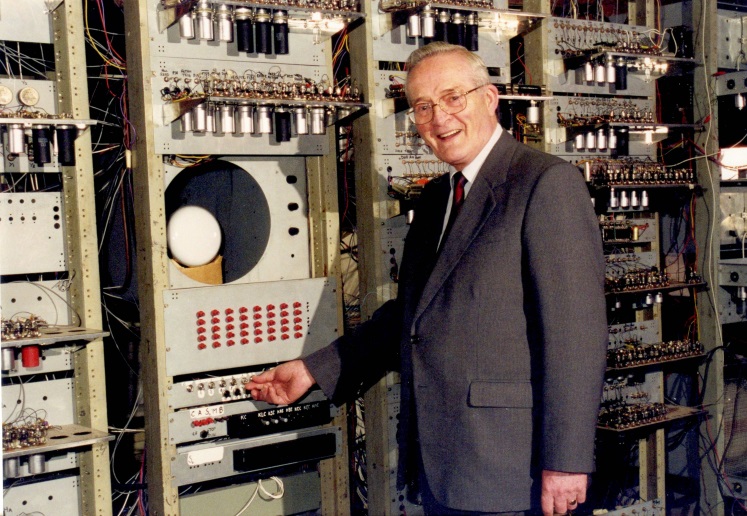
Is it the rain that binds Manchester, UK and San Francisco, USA? Or perhaps the fog? Or the amazing music scene?
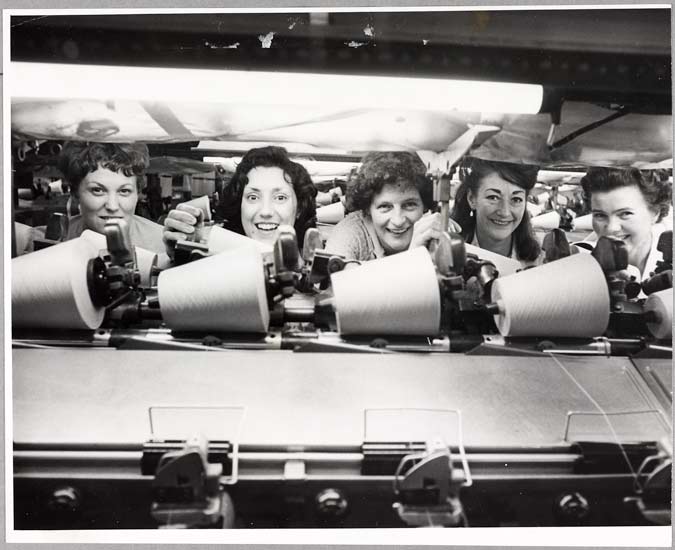
Our colleagues at our sister museum in Bradford, the National Science and Media Museum, have unearthed a wonderful selection of images of life in early-to-mid 20th century Manchester.
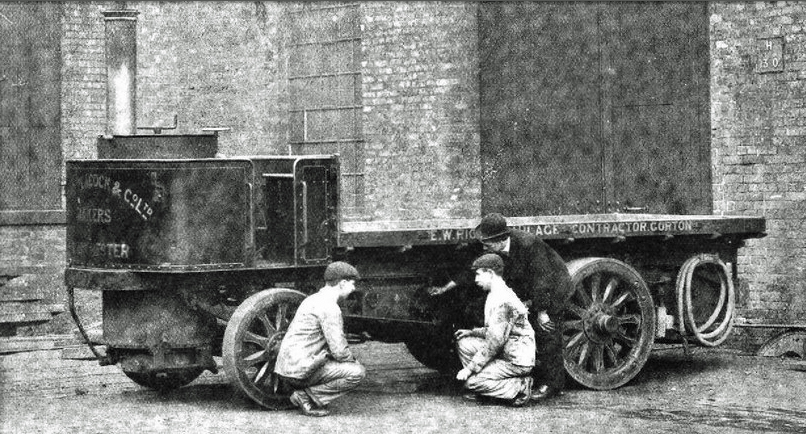
Beyer, Peacock and Co. was well-known for manufacturing steam locomotives, but also considered making motor cars, as our archives reveal.
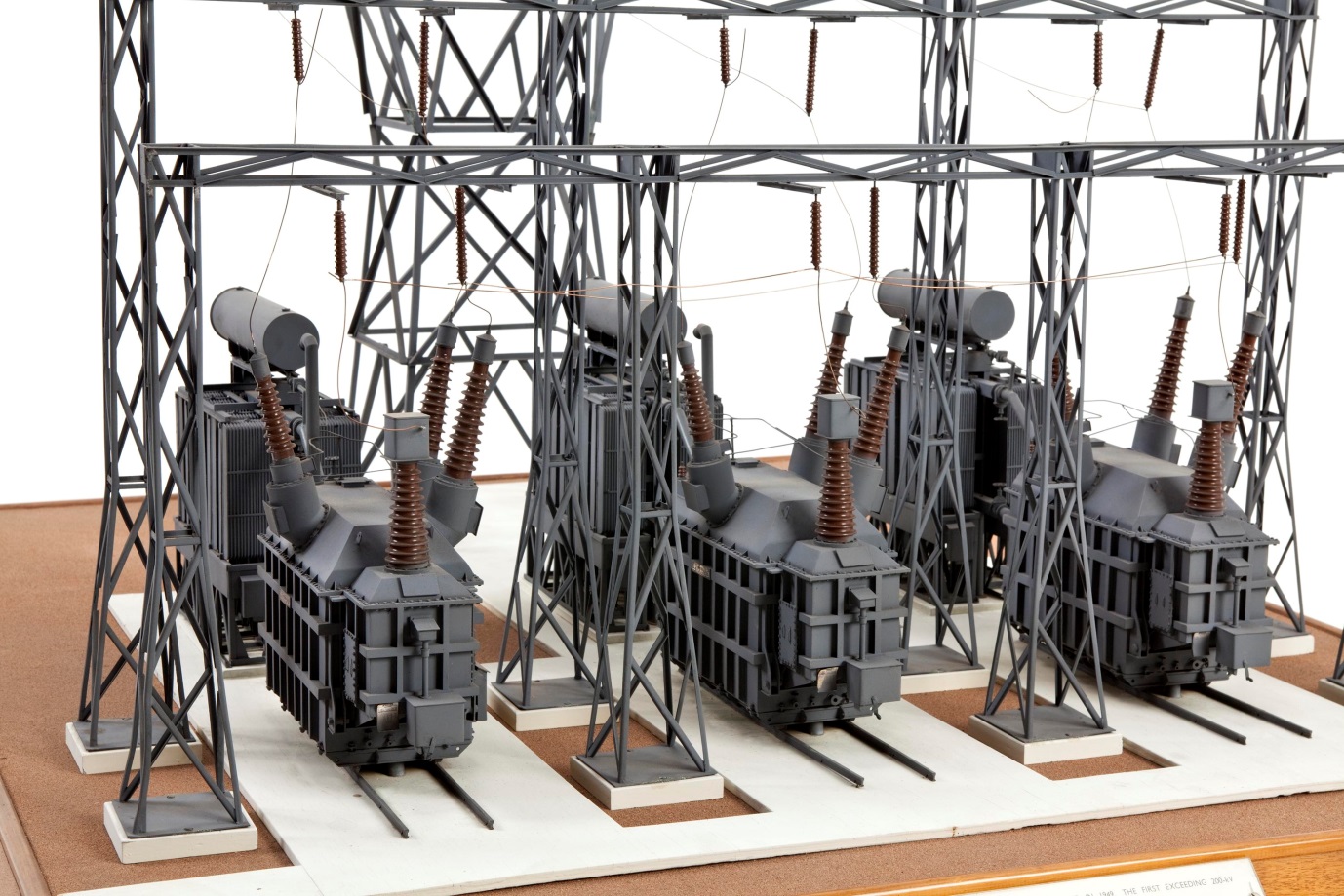
Down here in the conservation department, we have been working hard for the past few months on the Wellcome Collection’s new exhibition, Electricity: The Spark of Life, which will make its way to our new Special Exhibitions gallery.
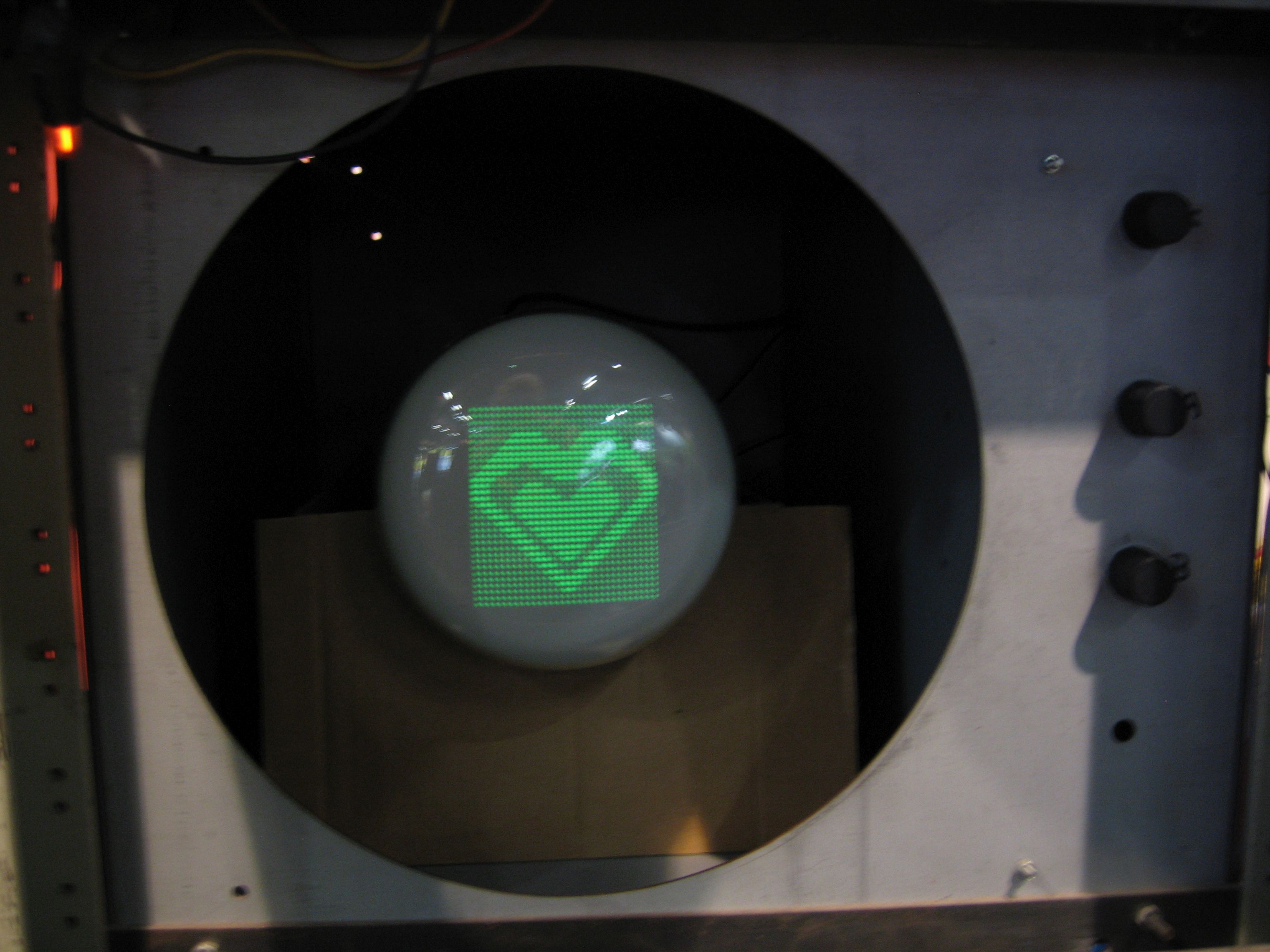
What’s love got to do with computing? Associate Curator Sarah Baines finds out, with a little help from our team of Computer Volunteers.
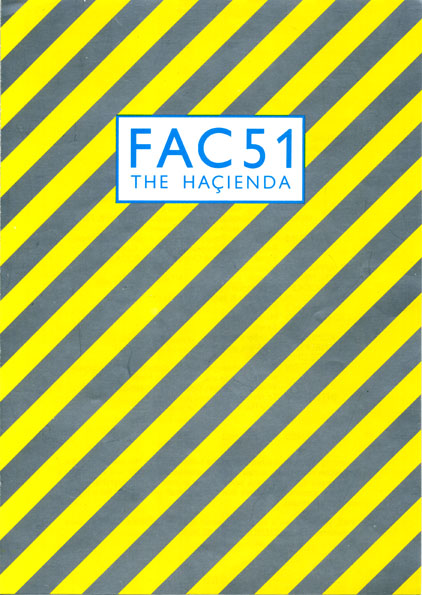
In 2016, the museum commissioned Peter Saville, a designer with strong links to Manchester, to design a range of glassware celebrating Manchester’s three rivers and the dancefloor at the Haçienda.
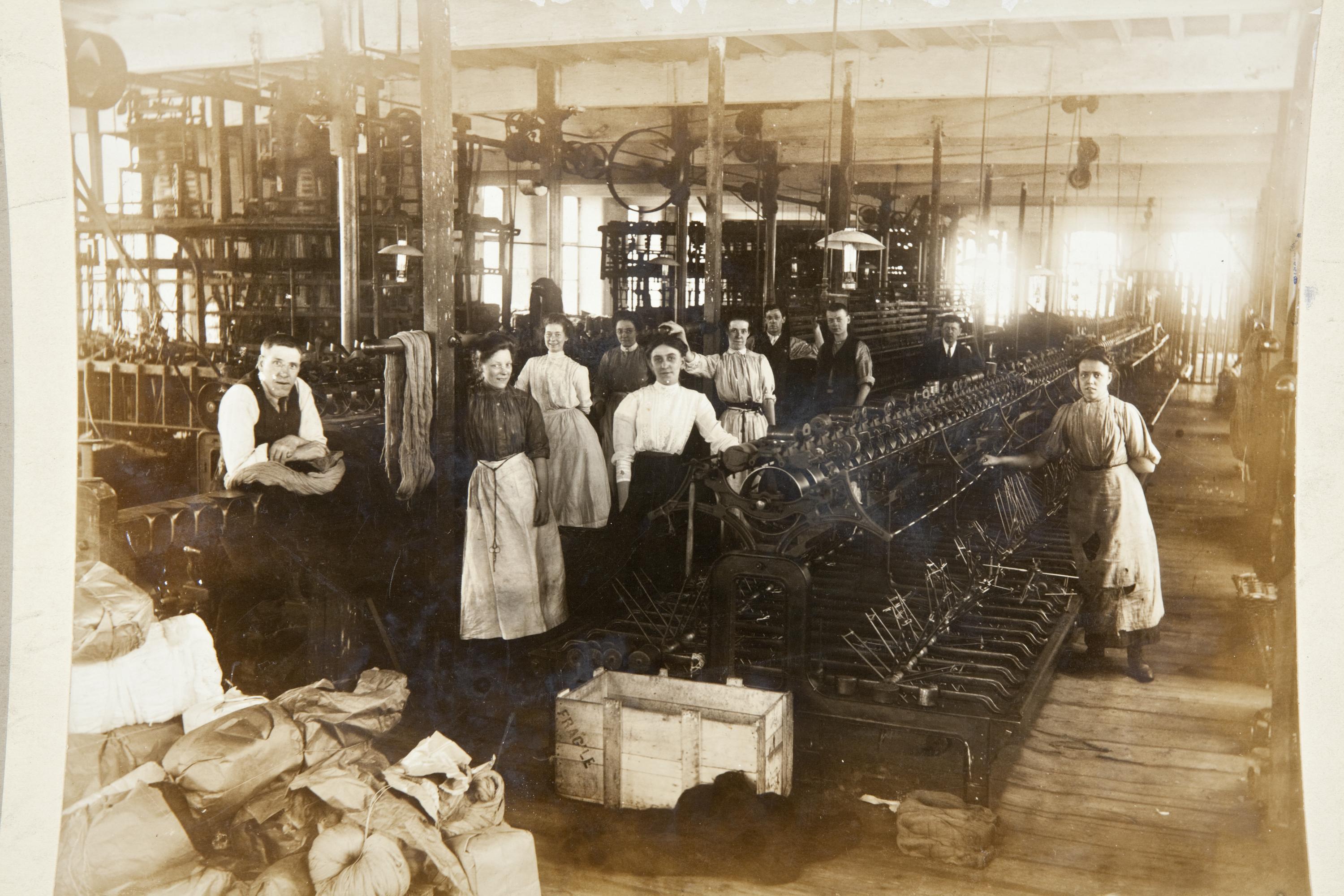
As cotton spinning returns to the region, here at the Museum of Science and Industry we are gearing up to re-tell the astonishing story of Manchester’s growth into the world’s first modern industrial city.
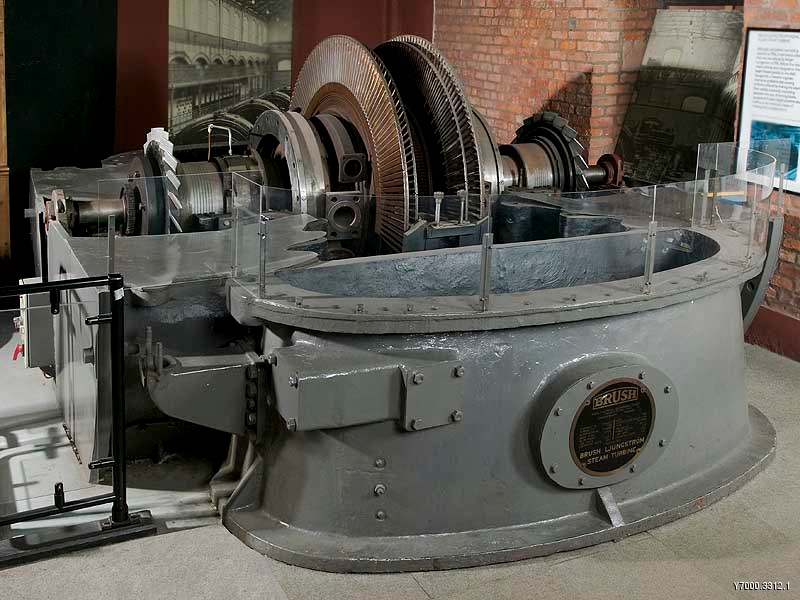
At the heart of the Museum of Science and Industry lie an exceptionally important historic site and a rich collection of objects and archives—caring for both occasionally presents challenges.
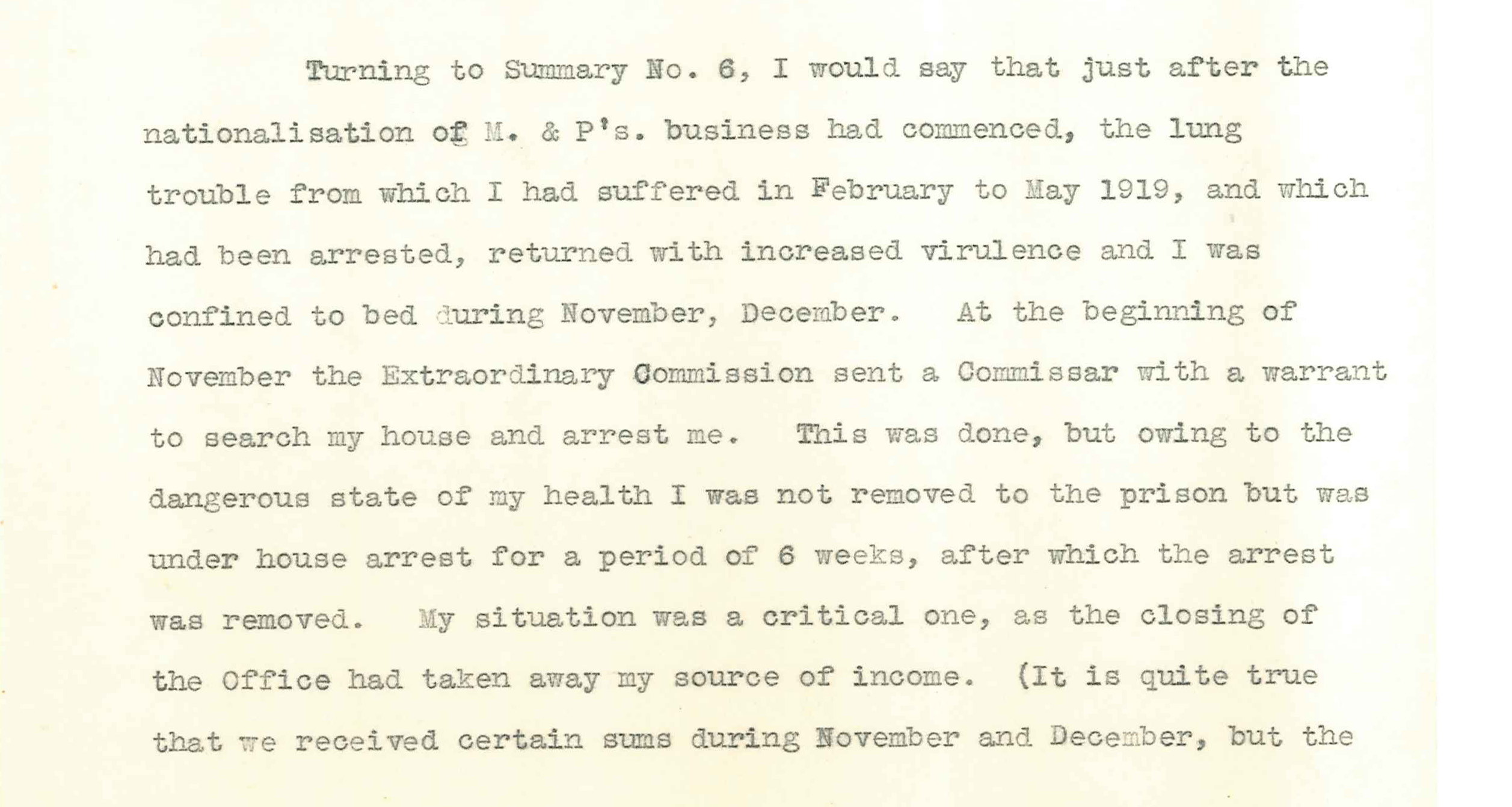
What would you do if, while working away from home in a foreign country, you suddenly found yourself cut off from any kind of support?